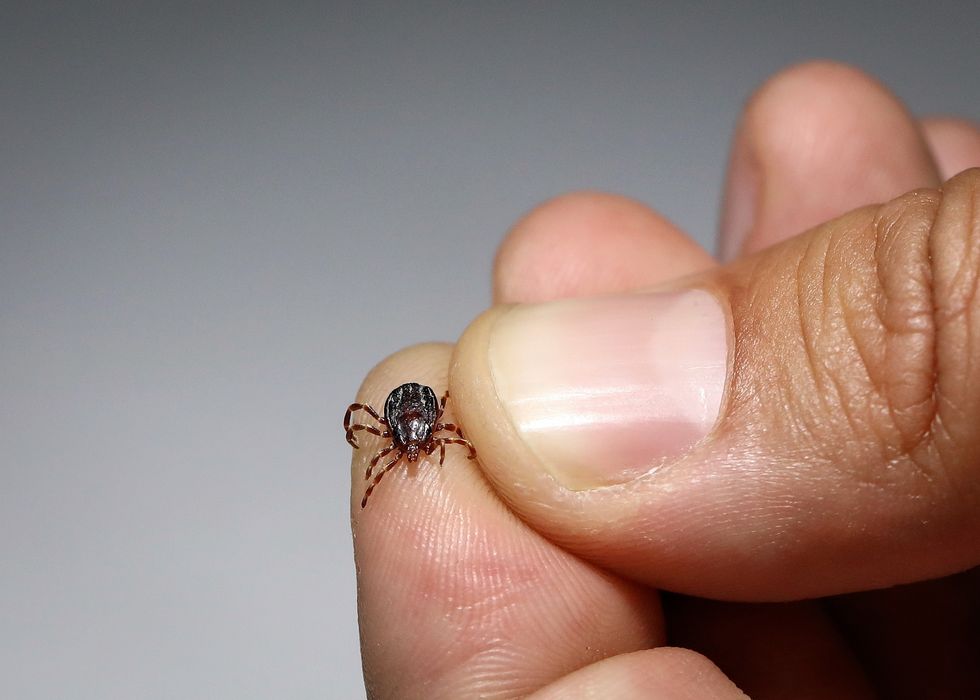Britons in Spain issued warning about deadly virus that kills 40% of victims - full list of symptoms

Touritsts have been told to watch out for Crimean-Congo haemorrhagic fever after a patient was hospitalised
Don't Miss
Most Read
Britons in Spain have been warned about a deadly virus that kills 40 per cent of those who contract it.
The alert follows the hospitalisation of a man diagnosed with Crimean-Congo haemorrhagic fever (CCHF), sparking a warning from health officials.
The Spanish Castile and León Ministry of Health confirmed that the patient is in a critical but stable condition.
The disease, typically transmitted by ticks, is clinically associated with several symptoms, health bodies have revealed.

The reported case was hospitalised in the Salamanca Hospital
|ciudadfcc
According to the World Health Organisation (WHO), symptoms of CCHF include:
- Fever
- Muscle Ache
- Dizziness
- Neck pain
- Backache
- Headache
- Sore eyes
- Sensitivity to light
- Nausea
- Vomiting
- Diarrhoea
- Abdominal pain
- Sore throat
- Sharp mood swings
- Confusion
- Sleepiness
- Depression
- Lassitude
- Fast heart rate
- Enlarged lymph nodes
Medical experts at Travel Health Pro cautioned: “The patient remains admitted, stable in serious conditions, at the Salamanca Hospital, where the protocolized epidemiological and care measures have been adopted.”
The confirmed case is an elderly man, who has been admitted to hospital in Salamanca Hospital, in Northwestern Spain.
“He has a tick bite and remains stable, although with the clinical severity that this pathology implies, with the isolation measures and protection of health professionals provided for these situations,” added Travel Health Pro.
The CCHF virus is transmitted to people either by tick bites or through contact with an infected animal's blood, according to the WHO.
The health body adds: “The majority of cases have occurred in people involved in the livestock industry, such as agricultural workers, slaughterhouse workers and veterinarians.”
Anyone who has experienced symptoms or believes they may have been exposed to CCHF has been told to seek advice from a GP or NHS 111.
“Remember - tell your healthcare providers that you travelled abroad,” said Travel Health Pro.
In patients who recover from the disease, improvements tend to start around the ninth day or tenth day after the onset of illness.
LATEST DEVELOPMENTS

Hard-bodies Ixodid tick (Ixodes) is associated with Crimean-Congo hemorrhagic fever
UK
The WHO said: “It is difficult to prevent or control CCHF infection in animals and ticks as the tick-animal-tick cycle usually goes unnoticed and the infection in domestic animals is usually not apparent.
“Furthermore, the tick vectors are numerous and widespread, so tick control with acaricides (chemicals intended to kill ticks) is only a realistic option for well-managed livestock production facilities.
“There are no vaccines widely available for human or animal use.
“In the absence of a vaccine, the only way to reduce infection in people is by raising awareness of the risk factors and educating people about the measures they can take to reduce exposure to the virus.”










